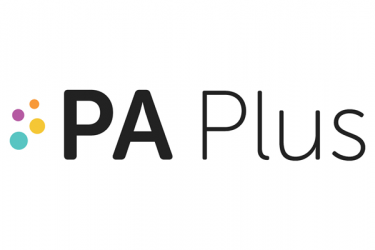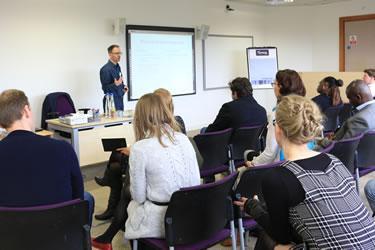HfL Board roles and responsibilities
The Chair of the Board
The Chair leads the Board in ensuring the company meets its objectives and remains financially sustainable by:
- formulating and delivering strategy and objectives
- driving the business of the Board and ensuring strong and effective governance
- tracking the contribution of individual directors
- ensuring effective communication with shareholders
- ensuring the Board focuses on its key tasks
- engaging the Board in assessing and improving its performance
Non-executive directors
Along with the experience each non-executive director brings to the Board their responsibilities are to:
- provide leadership, direction and overall accountability to shareholders for the work of HfL and its staff through the Chief Executive Officer and the work of the Board
- define and ensure compliance with the values and objectives of the company
- approve strategies, policies and plans to achieve the company objectives
- approve each year’s budget and accounts prior to publication
- establish and oversee a framework of delegation and systems of control
- provide guidance, support and constructive challenge to members of the executive team
- monitor HfL’s performance in relation to plans, budgets, controls and decisions, holding the Chief Executive Officer and his team to account
- ensure the company remains accountable and open to customers and other stakeholders
- ensure that HfL’s affairs are conducted lawfully and in accordance with regulatory requirements and generally accepted standards of performance and propriety
Non-executive directors are expected to attend five Board meetings per year, in addition to induction and committee meetings as appropriate. The committees currently meet four times a year.
Non-executive directors are not remunerated but they are entitled to claim expenses and their employers are entitled to claim modest compensation (for example to cover the supply costs incurred for a teaching headteacher attending Board meetings).
Chief Executive Officer
The Chief Executive Officer is expected to provide the strategic leadership of Herts for Learning to ensure that it provides a range of support services to schools and to work collaboratively with schools to help drive high levels of educational attainment for the children of Hertfordshire. The Chief Executive Officer is required to drive year on year growth of the company so that it has a sustainable future.
The Chief Executive Officer’s main areas of responsibility are to:
- set a clear strategic vision for HfL in conjunction with the HfL Board
- provide strong improvement and intervention services for schools, with a particular focus on under performing schools and transformation of poor performance
- develop a brokerage approach to help share skills and learning
- drive transformation and continuous performance improvement across all HfL service areas to ensure value for money and high quality service provision for schools
- develop more commercial approaches to service delivery, and lead the organisation through the design and implementation of these to ensure a sustainable future for HfL
- ensure strong and visible leadership in setting the strategic direction for HfL, encouraging key service leads to motivate and inspire their teams
- provide strong leadership, based on the agreed vision, values and behaviours for HfL
- drive a performance management culture for all HfL employees with a balance between developing a more commercial company and maintaining a focus on educational achievement
- act as an effective ‘client’ for support services provided to HfL by the County Council or their commercial partners to ensure continued value for money for HfL
Contact details
HFL Education




